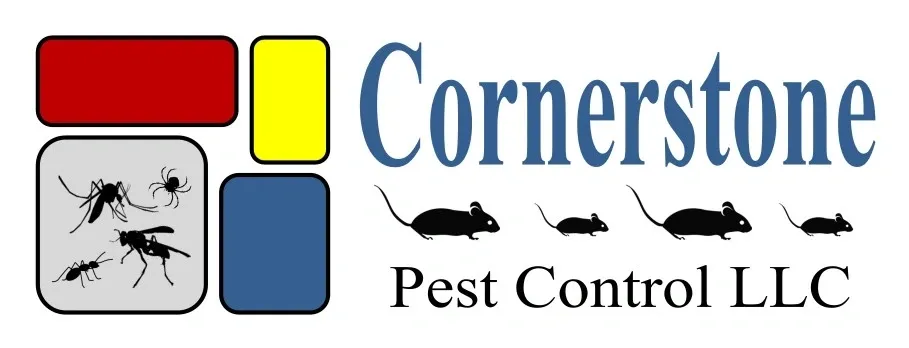Rodent infestation is a common issue for homeowners in New England, particularly in the colder months when they seek warmth and shelter inside. Mice and rats are the most frequently encountered species in the region, including the house mouse, Norway rat, and white-footed mouse. These rodents can cause significant damage to homes and pose serious health risks.
Common Signs of a Rodent Infestation
- Droppings and Urine Trails
Rodent droppings are one of the most visible signs of an infestation. Mouse droppings are small (about the size of a grain of rice), while rat droppings are larger. You’ll often find them near food sources, in drawers, cupboards, and along baseboards. Additionally, rodents tend to urinate frequently, creating an ammonia-like odor over time.
- Gnaw Marks and Property Damage
Rodents have strong, ever-growing incisors that require constant gnawing. Chewed wires, furniture, food packaging, and insulation are all signs of their presence. Damaged electrical wiring can be particularly dangerous, increasing the risk of house fires.
- Scratching Noises at Night
Since rodents are nocturnal, you’re most likely to hear them at night. Scratching, scurrying, or gnawing sounds from walls, ceilings, and attics indicate rodent movement. Mice and rats tend to nest in quiet, undisturbed areas, such as behind walls, in basements, and attics.
- Greasy Rub Marks Along Walls and Baseboards
Rodents use the same pathways repeatedly, and their bodies leave behind greasy smudge marks along walls and baseboards. These marks are often more apparent in high-traffic rodent areas.
- Nests Made from Shredded Material
Mice and rats build nests using soft materials like shredded paper, fabric, and insulation. If you find small, hidden piles of nesting material, it’s a clear sign of rodent activity.
- Food Tampering and Contamination
Rodents invade kitchens and pantries, leaving behind chewed food packaging and crumbs. Any contaminated food should be discarded immediately, as rodents carry harmful bacteria such as Salmonella and Hantavirus.
Rodent Risks: Why You Need to Act Fast
Ignoring a rodent infestation can lead to significant health and structural risks:
- Health Concerns: Rodents carry diseases, and their droppings and urine can contaminate food and surfaces.
- Property Damage: They chew through electrical wires, insulation, and drywall, leading to costly repairs.
- Rapid Reproduction: A single pair of mice can produce dozens of offspring in a matter of months, making an infestation grow rapidly.
How to Prevent Rodents from Entering Your Home
- Seal Entry Points: Inspect your home for small openings, cracks, and holes. Mice can squeeze through a space as small as a dime. Use steel wool or caulk to seal gaps.
- Store Food Securely: Keep all food in airtight containers and clean up crumbs and spills promptly.
- Maintain Cleanliness: Remove clutter, vacuum frequently, and dispose of garbage regularly.
- Trim Vegetation: Keep bushes and tree branches trimmed away from the house to reduce potential rodent pathways.
- Use Traps and Baits: If you suspect a small infestation, strategically placed traps can help capture rodents before they multiply.
When to Call a Professional
DIY rodent control methods are often not enough for large or persistent infestations. If you’ve noticed multiple signs of rodents or the problem persists despite your efforts, it’s time to call Cornerstone Pest Control. Our expert team uses advanced detection techniques and humane, effective solutions to eliminate rodents and prevent their return.
Don’t let rodents take over your home this winter—contact us today at (603) 395-9200 or submit this form for a thorough inspection and customized treatment plan!
